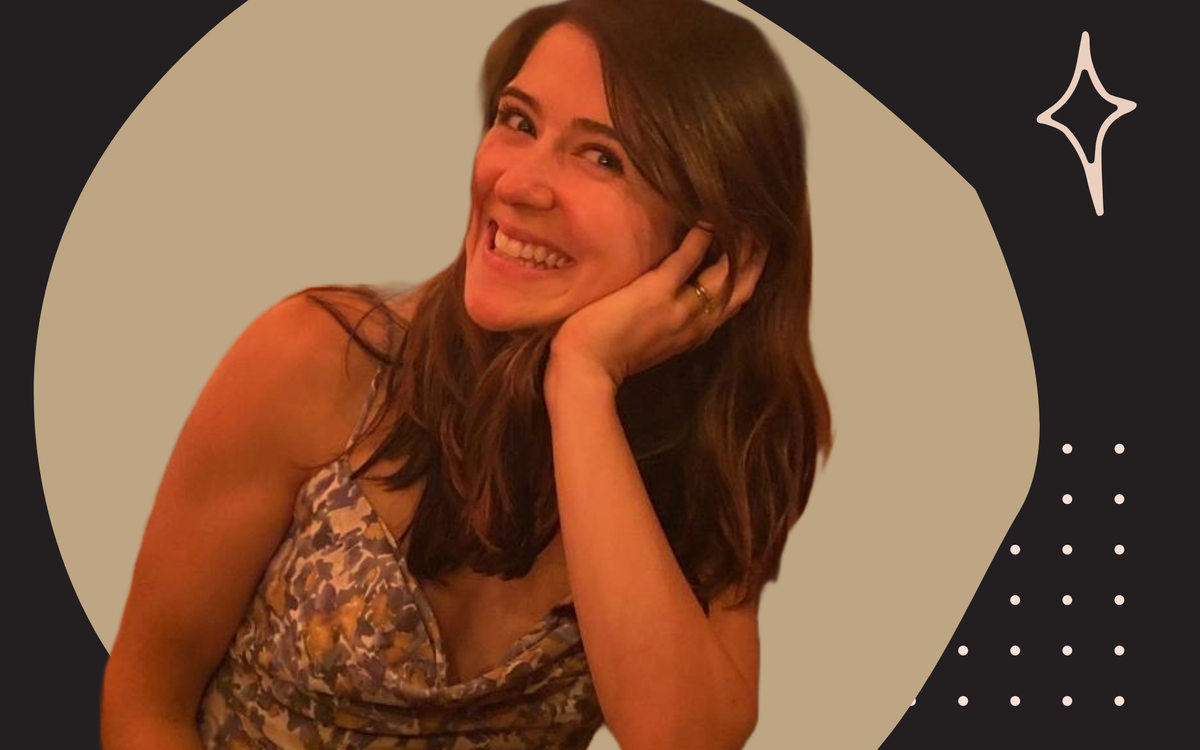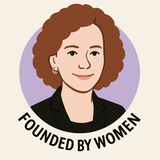Q&A with Tessa Wilder, Head of People at Union.ai

Meet Tessa Wilder, Head of People at Union.ai, who brings a wealth of experience spanning twelve years in Talent and People Operations across the software industry. Tessa's career arc stretches from the early days of startups on the cusp of hyperscaling to the strategic depth of established tech enterprises driving innovation. Her unique talent lies in her ability to forge personal connections and navigate the complex web of organizational behavior, positioning her as a beacon in her field. Tessa's roots trace back to a small Idaho town, where she learned the values of community, resilience, and the power of determination. These early lessons in simplicity and grit have imbued her with a distinctive outlook on fostering growth and nurturing human connections within the workplace. In an era where the richness of interpersonal collaboration is invaluable, Tessa exemplifies that true leadership and vision can emerge from the most humble beginnings.
Q: Tessa, with your extensive experience in Talent and People Operations across various stages of company growth, what unique challenges do you find in transitioning from startups to established enterprises, and how do you address them?
A: One of the most difficult problems I continually encounter, although not exclusive to company size, is balancing the present demands of the company while keeping my sights firmly set on our future aspirations.
The pace and rapid innovation in smaller companies is palpable. You are working with a blank canvas and you know very quickly if what you are using to paint that canvas with is working or not because the direct customer feedback is such a critical part of the development cycle. My main focus at companies of smaller sizes is constant prioritization of where my team and I spend our time and getting creative with our ability to do more with less.
Depending on the stage, a miscalculation in what should be done first could be detrimental to the company. These small companies are my favorite to be at because they place a large amount of value on outcomes over output. Business politics play a much more minimal role at the early stage companies and I have always preferred getting credit for what you do and not what you talk about doing or who you rub elbows with. At larger companies, my role evolves from execution to high level strategy, with an emphasis on influencing the right stakeholders to get to solve for the right objectives. Bringinging long lasting solutions to the table needs to be customized to the stage the company is in and the challenges they face.
At Union.ai, we are just 40 people so my critical lens is very much focused on reducing complexity. The exercise I revert too often here is to build something, look back and see how much of it I can challenge myself to reduce, while still maintaining the integrity and purpose of why we sought out to accomplish it in the first place. We want to ensure our team feels supported, but not burdened by the foundations we implement across the company and at the same time make sure that the foundation can support the future house we plan to build on top
Q: Coming from a small town in Idaho and a background of simplicity and community values, how has this upbringing influenced your approach to leadership and people management in the tech industry?
A: The phrase I find myself constantly coming back to in my career is "it takes a village". Growing up, it was never lost on me just how involved my village or community was and continues to be in intentionally and unintentionally shaping my future. I approach people management with a similar mindset. I recognize that I am just one of many people who impacts my team's experience at a company but that I play a critical role in the experience this person will have while here.
The book "Radical Candor" really summarized how I have consistently approached leadership "care deeply and challenge directly". I love accepting people where they are, being vulnerable myself with the team I support, understanding what drives them in their role and then giving them as many opportunities to make an impact and gain recognition as possible - if that is what they set out to accomplish. We all have different things we care about in the workplace and my priority as a leader has always been to understand what each team member's motivation is and leverage that to help them unlock their full potential.
Q: In your role at Union.ai, how do you leverage your personal connection skills and understanding of organizational dynamics to foster a culture of innovation and collaboration?
A: We have a value at Union, Maintain Trust, and it is a value I identify with here and at other companies. In practice to me, this means doing the things I say I will do. Showing up consistently to those around me both in and outside of the workplace. I recognize that at the leadership level, we set a lot of the tone at the company and the way that we show up is imperative to how we foster a culture of innovation and collaboration. Admitting our mistakes, showing humility in decisions we make, and bringing as much transparency to the forefront as possible.
Every company I have ever worked at, says they hire the best people. The ones who mean it, treat those people as if they are smart enough to see through the politics of it all. They talk candidly about where the company is at and where they are going and they relentlessly lead by example in the behaviors that they want to amplify at the company. The worst cultures I have been part of claim to hire the best people and then treat them as if they aren't intelligent enough to connect the dots.
Q: Reflecting on your journey from a town of just 75 people to leading People Operations at a cutting-edge software company, what have been the most significant lessons learned about growth, resilience, and success?
A: Imposter syndrome is real and so many of us are experiencing it. As leaders we could do a better job talking more about this with our employees. I can't tell you how often I would go into a performance review expecting to be fired or told I was underperforming despite lacking data points to support this. It stems from the fact that I never thought I would be here and by here I mean in "corporate america".
My father was an EMT before he retired and my mom held a variety of jobs across the service industry, both making minimum wage. I was raised with a great deal of respect and pride over the fact that my parents held jobs that required a lot of physical rigor day to day. They worked hard to provide for my siblings and I and they taught me one of the core values I anchor on in my personal and professional life - the hardest part is often showing up. This mindset has made me incredibly resilient to change and I like to think it paved the way for much of my professional journey. On the days I feel overwhelmed balancing hiring, performance reviews, compensation and various meetings - I still show up. I show up for myself and for the people I care most about in life because that is my way of prioritizing the things that I care about, the things that bring me fulfillment. This characteristic allows me to lean in and feel comfortable working through ambiguity and competing priorities, allowing me to lead by example and show up for the teams I support.
I pride myself in my willingness to get my hands dirty in an effort to really understand the pain points my customers (employees) might be feeling. Zooming in and out and context switching like that can take a lot of effort but it is the same thing that keeps me coming back to startups for more.
Through all of this, despite the titles, the wins, the money, the perks, the things that still matter most to me and are core to how I define success remain the same - surround yourself with good people.
Q: Considering the evolving nature of work and the importance of human connection in the workplace, what strategies do you employ at Union.ai to ensure the team remains connected and engaged, especially in times of rapid growth or change?
A: My team and I talk a lot about employee engagement and candidly, this is an area we would like to do better in. We are hoping to plan our first company wide summit this year, as an opportunity to bring our distributed employee population together in a singular place. We currently host quarterly team building activities, both virtual and in person. We implement employee feedback mechanisms throughout the company (employee pulse surveys, all-hands feedback, Q&A's and more) and love soliciting and actioning input from our team as a way to empower them to contribute to our growth and culture. We support flexible working arrangements through remote and hybrid work opportunities as a way to accommodate diverse needs and preferences of our team.
By prioritizing work-life balance and individual well-being, we help foster a positive and inclusive work environment. Overall, at Union.ai, we recognize the importance of human connection in the workplace and continuously strive to implement strategies that promote engagement, collaboration, and a sense of belonging among our team members, even in times of rapid growth or change.
Are you a female executive with a powerful story to share? Founded by Women is dedicated to elevating and amplifying the voices of women making an impact. If you want to share your story, don't hesitate to contact us.




